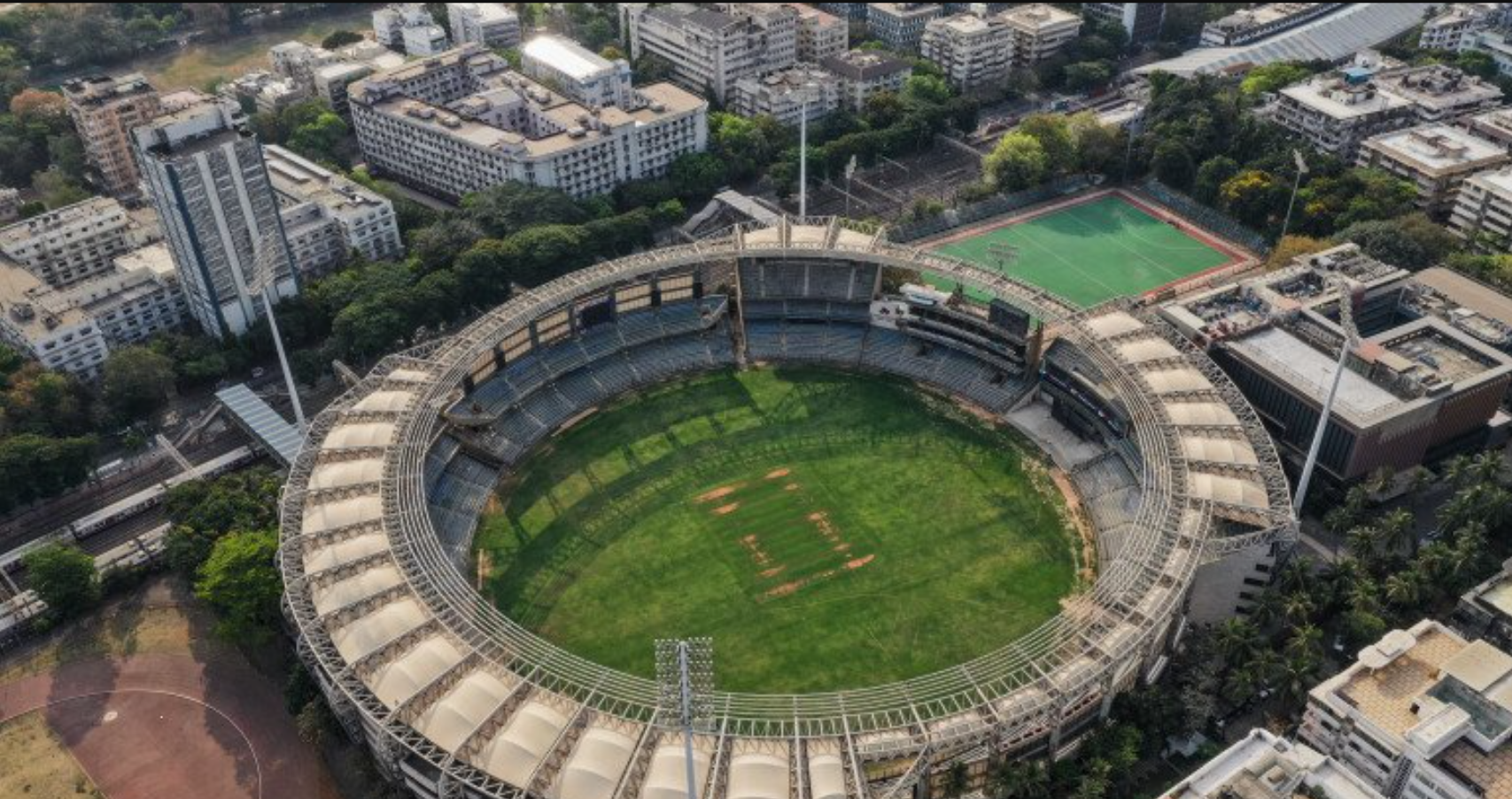The Maharashtra government has decided to extend the lease of the iconic Wankhede Stadium, home to the Indian Premier League (IPL), the Mumbai Cricket Association (MCA) and the Board of Control for Cricket in India (BCCI), for another 30 years. However, the move has sparked a financial dispute with the MCA, which claims that the government is charging an exorbitant rent for the 44,000 square meter land, valued at around Rs 1,304 crore.
The lease of the stadium, which was built in 1974 and hosted the 2011 World Cup final, expired in February 2018. The government has asked the MCA to pay an annual fee of Rs 1.52 crore, in addition to Rs 8.58 crore of rent from 2018 to 2023. The MCA has challenged the government’s demand, arguing that the stadium has limited development potential due to the Coastal Regulation Zone II regulations, which restrict any construction within 500 meters of the high tide line. The MCA has also cited other factors, such as the inclusion of the grounds in the RG (recreational grounds) and PG (sports grounds) categories, which entail lower rates.
The MCA is one of the richest cricket bodies in the country, with total assets of Rs 337.54 crore as of March 2019. It also pays Rs 9.33 crore annually to the Mumbai Metropolitan Region Development Authority (MMRDA) for an entertainment complex in BKC, where it plans to build a new stadium. In April 2018, then MCA president Ashish Shelar had written a letter to then CM Devendra Fadnavis, requesting a 50-year extension of the lease of the Wankhede Stadium. The Mumbai Collectorate, however, used the Gymkhana Lease Policy to determine the rent, which is based on the ready reckoner rates of the land.
The government’s decision to extend the lease of the Wankhede Stadium comes at a time when the IPL 2024 is scheduled to begin in April. The stadium is expected to host several matches, including the final, of the lucrative T20 tournament. The government and the MCA are likely to continue their negotiations over the rent issue, as both parties have a stake in the future of the stadium, which is a symbol of Mumbai’s cricketing legacy.



